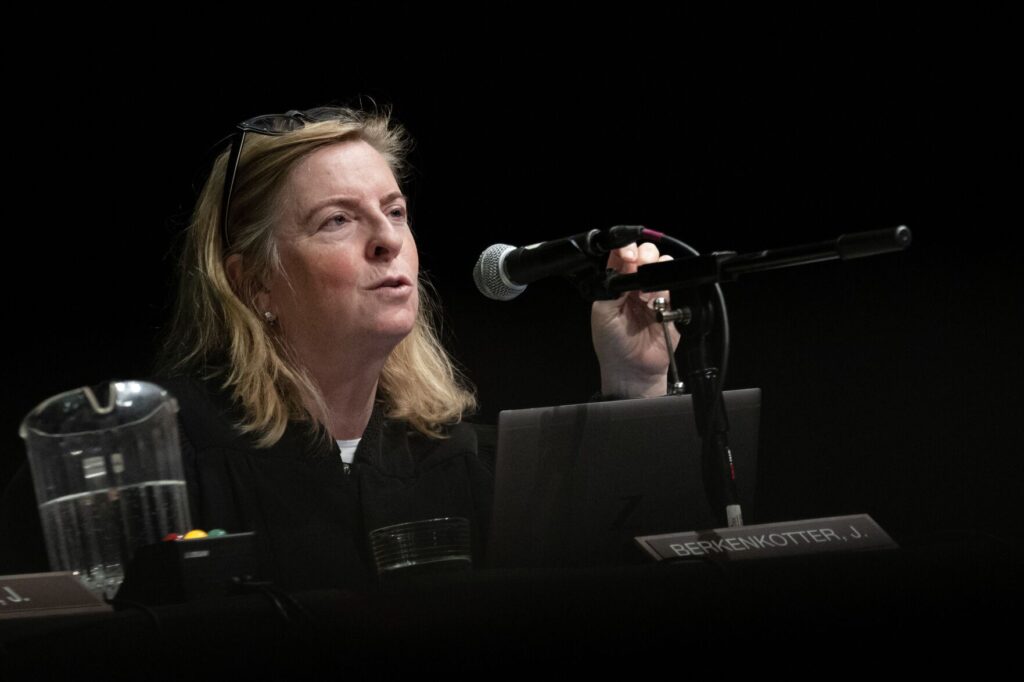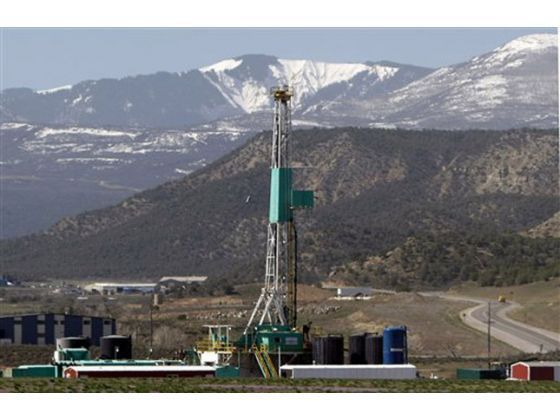Denver imposes hiring freeze, diverts funds to come up with $90 million for illegal immigration crisis
Denver taxpayers are on the hook for $90 million this fiscal year to pay for the city’s response to the illegal immigration crisis that has been spilling over into America’s interior cities from the southern border.
That’s the latest estimate from Denver Mayor Mike Johnston’s administration, which earlier said the city was poised to spend $180 million on the crisis and revised that number down to $120 million.
Early in the crisis, Denver officials decided the city would assume the responsibility to temporarily house, feed and transport arriving immigrants. That decision has cost the city about $68 million since December 2022 — and counting. Of that amount, the city spent $35 million just in the past four months.
To come up with the $90 million, the city is freezing or staggering hiring of about 160 vacant positions and pulling money from several places, including from capital funds, technology projects, services and supplies.
The rest of that money will come from unspent dollars from the last fiscal year and some contingency funds:
-
$8 million rollover money from last year
-
$2 million transfer from Department of Health Services
-
$9 million from the Federal Emergency Management Agency shelter and services program
-
$10 million in general fund contingencies
-
$15 million taken from the Castro building fund
Indeed, the city shifted money around and reallocated dollars. For example, the city took money earmarked for public safety and recruitment classes, as well as dollars left over from capital projects, to pay for its “newcomer” program. The city said no recruitment classes have been cancelled this year, and the airport will pay for one of the three classes.
The bulk of the $90 million in spending — nearly $52 million — will go toward housing the immigrants, who traveled to Denver after illegally crossing the U.S.-Mexico border. The rest will be spent on transportation, support services and some capital costs.
The $90 million — which translates to roughly $1,700 per immigrant — means Johnston’s illegal immigration response would cost taxpayers roughly twice the city’s budget for the mayor’s homelessness campaign.
In a news conference on Wednesday, Johnston defended the nearly $100-million spending, arguing that immigrants, whether they entered the country legally or illegally, have provided a boon to the country in the past. He added that providing services for acquiring work authorizations would help fill many of the workforce shortages in the city and across the region.
“This is a plan that is going to better serve migrants who arrived in the city and better allow them get to work to actually support the city and to support themselves and to support industries that have open jobs,” Johnston said. “This helps resolve (frustrations) by getting people access to work, protects the city budget and making sure we get people access to service.”
Under the mayor’s updated spending plan, the city will spend nearly $10 million on work authorization and asylum clinics and workforce training.
Johnston’s “welcoming” message during the press conference stood in stark contrast to what his political director told immigrants last month.
In a video obtained by The Denver Gazette’s news partner 9News, Andrés Carrera was caught on tape telling immigrants who had arrived by bus on March 26 that Denver could not support them.
“The opportunities are over,” Carrera told them in Spanish. “New York gives you more. Chicago gives you more. So, I suggest you go there where there is longer-term shelter. There are also more job opportunities there.”
In his plea, Carrera asked new immigrant arrivals to consider alternate destinations like New York City or Chicago.
“We are not going to block you if you want to say here,” Carrera said. “If you stay here, you are going to suffer even more and I don’t want to see this.”
In the news conference on Wednesday, Denver officials sought to portray this latest estimate as good news.
For example, the city said it will not have to furlough or fire any employees. Officials also said city services should be minimally affected, and recreation centers would be back to normal operations by June 7 and the Department of Motor Vehicles will follow in August.
“Our goal is to serve the people we need to serve and deliver the outcomes we need to deliver and if we can do that for less than this amount that money will [roll over to] next year,” Laura Swartz, the communications director at the Department of Finance, said during a press briefing the day prior.
Denver’s response to the crisis has stressed the city’s finances to the point it began cutting services for its residents, notably the services offered by the Department of Motor Vehicles and Department of Parks & Recreation. The city also decided to shut down immigrant shelters last month.
Even the city’s flower planting activities took a hit. Only Civic Center Park, with its roughly 14,000 square feet of flowerbeds, will be fully planted this year. Washington Park and City Park stand to lose the most flowers this year, according to previous reports.
Swartz called the city’s latest strategy “flexible.”
“It asks agencies to identify a dollar amount tied to those vacancy savings that we can take out of their budgets now,” Swartz said. “But then during the year, if a position opens and the agency says, ‘I would rather hold that position vacant and we’d rather hire this person,’ they can make those adjustments.”
The unfolding immigration crisis has catapulted Denver into the national spotlight after a press tour by Johnston, who was working to bring attention to the effects the border issue has had on interior cities.
Officials in El Paso, Texas have warned that free, onward transportation likely has — inadvertently — encouraged immigrants to come to Denver.
“There’s a pull factor created by this, and the policies in Denver for paying for onward destinations,” Irene Gutiérrez, executive director of El Paso County Community Services in west Texas, earlier said.
The Denver City Council must still approve Johnston’s spending plan. The city’s overall budget for 2024 is $1.74 billion.
Denver Gazette reporter Nicole C. Brambila contributed to this report.











